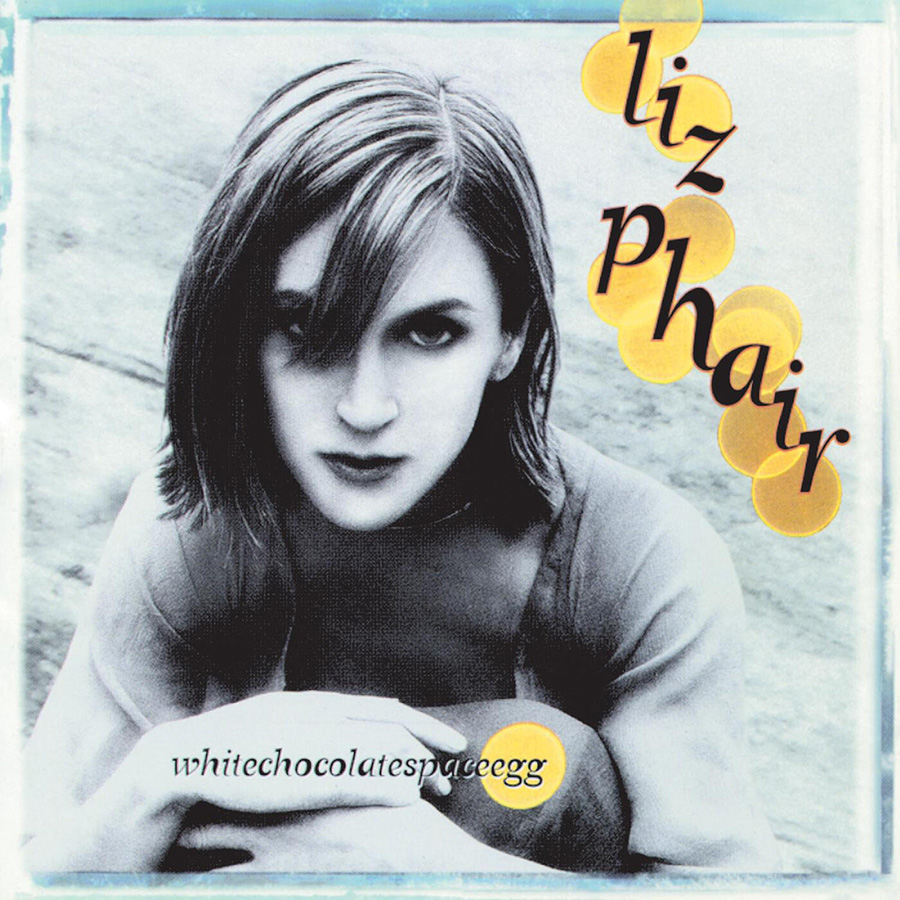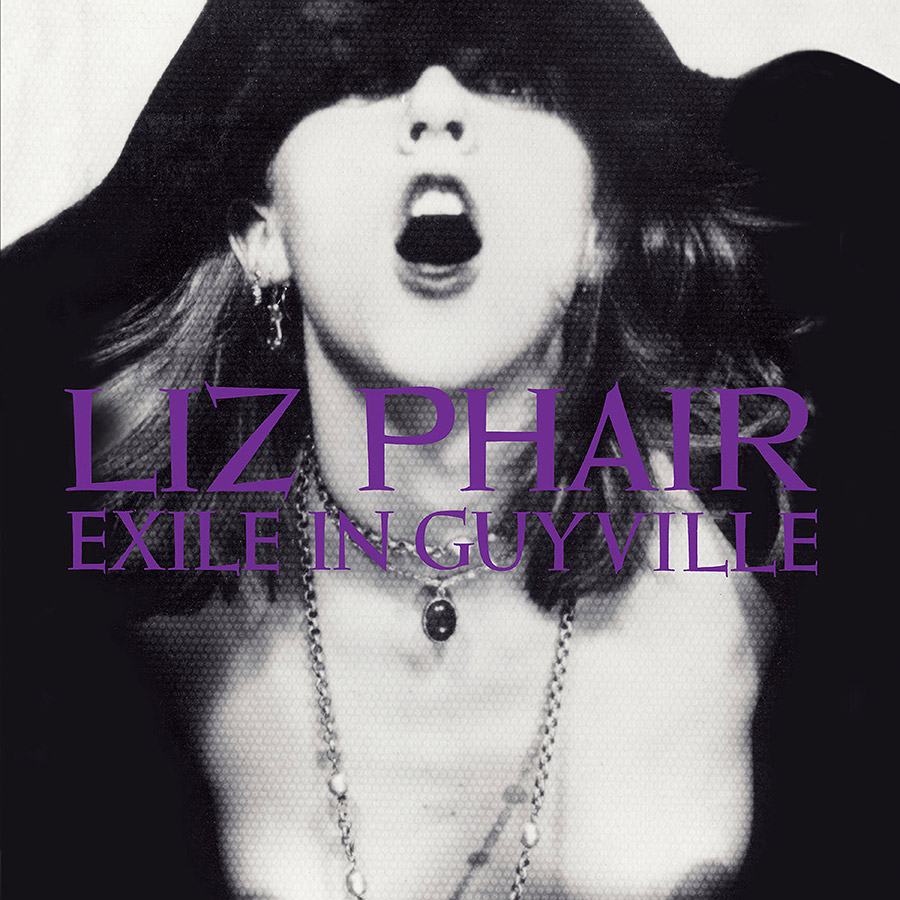By Erika Wolf
Albumism, August 5, 2023
Kirsten and I are about to sneak out of our sleek glass office building in Midtown Manhattan for a cigarette. We’re editors at a fashion trade magazine and Kirsten, her chin cupped daintily in her hand as she stares at her computer screen, totally looks the part in a headscarf, a Mod necklace, a vintage dress, and kitten heels. I tap my foot, telling her to hurry up. “Yeah, just a sec,” she keeps saying distractedly.
Suddenly, the lights go out. The afternoon sun pours through the enormous window at Kirsten’s back, and so it takes a couple of seconds to register what’s happened. Kirsten looks up. “Electricity’s out,” she says, shrugging. We kill time, waiting for the lights to flicker back on, but they never do. We wait and wait, until eventually we end up joining all the other office workers in our high-rise in trudging down the dark, seemingly endless back stairwells to the street below.
Somehow, word’s gotten out that there’s a city-wide blackout, so before we left the office, Kirsten and I grabbed some sneakers from the fashion closet for our long walk back to Brooklyn. The sneakers will end up being more fashion than function, chafing angry blisters into our heels. But it’s hard to be too bothered by it. On our walk, in between talk of boyfriends and parties and office gossip, we’ll marvel at how we narrowly avoided getting stuck in an elevator shaft during the largest power outage in U.S. history, the Northeast Blackout of 2003—although we don’t know yet that it will bear that distinction. Still, I’ve never felt less regret for not smoking a cigarette.
The initial flash of collective panic—it’s less than two years since 9/11—eventually gives way to a raucous party on the streets. Music blares from boomboxes, people are dancing, and outside a bar on the Lower East Side someone hands us a couple of cold beers. Throughout our trek downtown, Kirsten and I have been stripping off our impractical fashion-editor accessories—the scarves, the earrings, the necklaces, the belts—until we’re just a couple of disheveled urchins melting in the August heat. After crossing the Williamsburg Bridge, we stumble onto a children’s water playground and, without speaking, we jump into one of the gushing fountains in our work clothes, style be damned. For the first time in a long time, I’m purely happy.
Liz Phair is in New York during the Blackout of 2003, too, stranded while on tour. But just like I don’t know that the party will eventually turn into a scorching, three-day slog, I don’t know that she’s there, either, peering out of her soon-to-be boyfriend’s hotel room window on that first pitch-black night. “Desperate though our circumstances are, I have never been happier to be stranded somewhere in my life,” she writes in her 2019 memoir Horror Stories. “I stare out at the rooftops and fire escapes, believing that magic still exists in the world. Whatever transpires tonight, I finally know for certain that my guitar player and I are into each other.”
In high school as a ’90s teen, I listen to Phair’s Exile In Guyville (1993) constantly—in my room, on my Discman, in my car. Whenever he folds his long, lanky frame into my VW Golf, my boyfriend Frankie unceremoniously ejects the tape and replaces it with one of his own, “Hits From The Bong” suddenly blaring from the speakers. Frankie’s given me a ring, and although we’re not officially engaged (my mom, who herself married at 19, would freak the fuck out), we actually sort of are engaged, even though I eventually want to move to New York and be a writer and live a messy, carefree, possibly even promiscuous 20s existence like the one Liz Phair details on Exile In Guyville.
Every time I talk to my friend Koryn about the ring she rolls her eyes, and I’ll recognize echoes of her advice a few years later when, as a sophomore in college (Frankie broken up with by that point, though our relationship is still in flux), I buy Liz Phair’s third album Whitechocolatespaceegg. On the album’s standout song, “Polyester Bride,” Phair’s bartender friend Henry inquires, “Do you want to be a polyester bride? / Do you want to hang your head and die / Do you want to buy alligator cowboy boots they just put on sale / Or do you want to flap your wings and fly away from here?”
So, in countless ways, it’s Liz Phair who’s given me the guts—and the permission—to move to New York in the middle of a recession right after 9/11, and to jump into fountains in my work clothes. And so it seems fitting to learn, decades later, that we were both in New York in the middle of that apocalyptic Blackout street party that happened to fall on my 26th birthday, the same age Phair was when she first released the music that would so influence me.
Whitechocolatespaceegg is the third record in what I consider to be Phair’s holy trinity of ’90s albums. The first, Exile In Guyville, was Phair’s 1993 answer to the Rolling Stones’ Exile On Main Street (1972), where she gives the groupies, trophy girlfriends, and objectified women of Main Street their own agency, telling each story from a strong female perspective. “What I did was go through [the Stones album] song by song. I took the same situation, placed myself in the question, and answered the question,” Phair said. “’Rocks Off’—my answer to that is ‘Six Foot One.’ It’s taking the part of the woman that Mick’s run into on the street.”
Guyville walks a line between fiction and personal narrative, and it’s revolutionary in that it sees Phair owning her sexuality, expressing a monotone boredom for her native Chicago’s indie-scene boys’ club, and constructing her own very distinct sound and candid storytelling style. “I was so angry about being taken advantage of sexually, being overlooked intellectually,” Phair recalls. Overall, Guyville depicts fearlessness under the horrors of everyday patriarchy. “I bet you fall in bed too easily / With the beautiful girls who are shyly brave / And you sell yourself as a man to save / But all the money in the world is not enough,” Phair sings to Mick, thoroughly unimpressed.
Phair followed up Guyville with 1994’s Whip-Smart, where she details an aborted one-night stand to the tune of “Chopsticks” (“He said he liked to do it backwards / I said that’s just fine with me / That way we can fuck and watch TV”), moves across country to get over a breakup (“Go West”), critiques the Gulf War (“Shane”), and declares her independence (“I don’t need a support system/ Lifting me into a prop position”). In other words, Whip-Smart is a continuation of Guyville’s feminist ethos, but this time with Phair resolutely established as its smart-as-a-whip narrator. As on Guyville, on Whip-Smart Phair depicts a woman’s twenties as both an apocalyptic disaster as well as a ton of fun. And only a wry, dry sense of humor will get you out alive.
By the time she released Whitechocolatespaceegg four years later in 1998, Phair’s circumstances had changed. No longer an unmoored, single twentysomething, she was now a new wife and mother. Critics would make much of this, using those two facts to assess the album with varying degrees of fairness and accuracy. Whitechocolatespaceegg was referred to as Phair’s “settled” album.
What’s more, based on many reviews, you would have thought that the album’s slightly more polished production meant Phair had brought Steely Dan into the studio. In actuality, Whitechocolatespaceegg retains Phair’s lo-fi ethos, its relative slickness simply reflecting a trend towards cleaner production in most late-’90s alternative music. “The first album is for Your People. The second is for the People; the third is for Everybody,” Phair mused to Rolling Stone in 1994, and that seemed to be the prevailing attitude of many ’90s bands for their later-decade output.
The Chicago Reader, Phair’s hometown alt-weekly, nobly came to her defense against everyone focusing on marriage and motherhood as the album’s defining elements. “A photo caption in the Washington Post notes that the album ‘came after she married and had a baby,’” observed The Reader’s Douglas Wolk. “Certainly this is a statement of fact, but if you don’t see why it’s sexist, try to find a review of Nirvana’s In Utero—whose title is a way more explicit fetus reference than Whitechocolatespaceegg—with a photo caption that says it came after Kurt Cobain married and had a baby.”
The truth of Whitechocolatespaceegg is that, while it deals at certain points in themes of marriage and motherhood, the album is simply Liz Phair, a little bit older and a little bit wiser and a little bit more famous, telling stories with her signature sardonic, razor-sharp wit. And, if anything, the songs about domesticity are the antithesis of mellow, containing Phair’s funniest, most blistering critiques.
The album opens with “White Chocolate Space Egg,” whose whirring, space-age introduction evokes, for me, not a fetus but a vision of Phair zooming around in one of those egg-shaped spaceships from The Jetsons, allowing her a bird’s eye view for just the right amount of snarky detachment.
The next song, “Big Tall Man,” gives us our first glimpse at settled suburban domesticity, with Phair adopting the deadpan persona of a big tall man in the midst of yard work. We learn immediately that his tastes and life challenges are simple: “I’m a big tall man / I cut the grass / My left eye hurts,” Phair sings in monotone, adding hilariously after a beat, “I can be a complicated communicator.”
“A Perfect World” takes some of the themes of “Big Tall Man”—a backyard, tallness, envying someone’s uncomplicated life—and it uses the association to guide the listener into a sad, more interior candor. “I want to be cool, tall, vulnerable, and luscious / I would have it all if I’d only had this much,” Phair sings wistfully, as though embodying these traits might allow her into the big tall man’s pristine universe. (As often as Phair calls men out on their bullshit, she’s masterful at expressing the genuine sorrow that comes from being excluded, or rejected, or not measuring up to arbitrary sexist standards.)
“Johnny Feelgood,” one of the more sleekly produced tracks on Whitechocolatespaceegg, is a song about an abusive relationship where the narrator worships the titular Johnny even though he “knocks me down and he orders me around.” It seems to be Phair’s answer to “He Hit Me (It Felt Like A Kiss),” and she infuses the song with tongue-in-cheek, fawning praise of Johnny (“He’s got petals on the bed of his sweat sock drawer”) to demonstrate that actually, in her view from the spaceship, Johnny is a total tool.
The aforementioned “Polyester Bride” is the album’s centerpiece, a sunny, jangly exploration of all the practical reasons the female protagonist shouldn’t get married right now, and certainly not to just anyone. It’s a funny, cheeky rejection of all the men who might give her a life where she’ll have to buy alligator boots on sale, and it makes me chuckle every time I hear it—because clearly this is the narrator’s concern and not Henry the bartender’s, who is also flirting with her.
“Polyester Bride” is one of only two songs on Whitechocolatespaceegg to have originally appeared on Phair’s Girly-Sound Tapes, the 4-track demos she made in 1991 that ended up getting passed around the Chicago indie scene and eventually led to her getting signed to Matador Records. “I go in there and rip stuff off—it’s like a library,” Phair told Rolling Stone in 1994. The Girly-Sound version of “Polyester Bride” provides a remarkably different perspective on the song—it’s notably slower and sadder, drawing attention to the plight of all women in that who we marry and if we marry is still widely regarded as the most important aspect of our lives and identities.
The middle of Whitechocolatespaceegg is fun and rocking, with “Love Is Nothing” depicting a scene where a guy, trying to flirt with a girl, reminds her of all the people they know in common as she feigns ignorance. “Baby Got Going” is raucous and bluesy-country western, about mad lust on a train. “Uncle Alvarez” paints a portrait of someone’s weird dead uncle who exaggerated most of his accomplishments. “Headache” pulses with spare electronic beats and an assertion of self-containment—“You can take me home, but I will never be your girl.” And “Ride” is a roller-skate glide through weirdness, ending with a cascading chorus of the phrase “positive T-cell regeneration.” Taken together, these center songs are there more to provide an enjoyable vibe than to make a bold artist statement, but by this point in her career Phair has earned the right to simply let loose and play around.
Careening with melancholy exhilaration, “What Makes You Happy” is another standout track, with the narrator assuring her mother with a little too much gusto that she’s in a great relationship: “I’m sending you this photograph / I swear this one is gonna last / And all those other bastards were only practice.” Whether or not this reflected Phair’s feelings about her own marriage at the time, you may have noticed that five years later during the Blackout of 2003, she was contemplating a make-out session with her guitar player. By that point, Phair and her husband had divorced.
“A lot of people think of it [deciding to get married] as a game of musical chairs: you just have to sit down, there are not that many chairs left,” Phair reflected to Bustle in 2021. “That part of it I don’t think was helpful, and it ended up getting me in trouble because I don’t think I was ready to sit down.” Since her divorce, as she candidly details in Horror Stories, her romantic relationships have rarely been easy. Phair is a complicated woman and a brilliant artist and, if she were a man, she would likely have little trouble finding someone to accommodate all of her complexity. But she’s not and, hence, the horror stories.
Whitechocolatespaceegg wraps up with the sweet, dreamy “Fantasize” about the bloom of a brand-new crush; “Shitloads of Money” which was prescient considering Phair would release her next album, the self-titled Liz Phair, on a major label; and then the album ends with “Girls’ Room,” where Phair, despite being “settled” at the time, gives a symbolic shout-out to all the girls who have stuck with her throughout the ’90s. She sings all about how she and her best friend Tiffany are going to go from party to party tonight, her voice echoing joyfully against the tiles like she’s just snuck in there for a cigarette.










